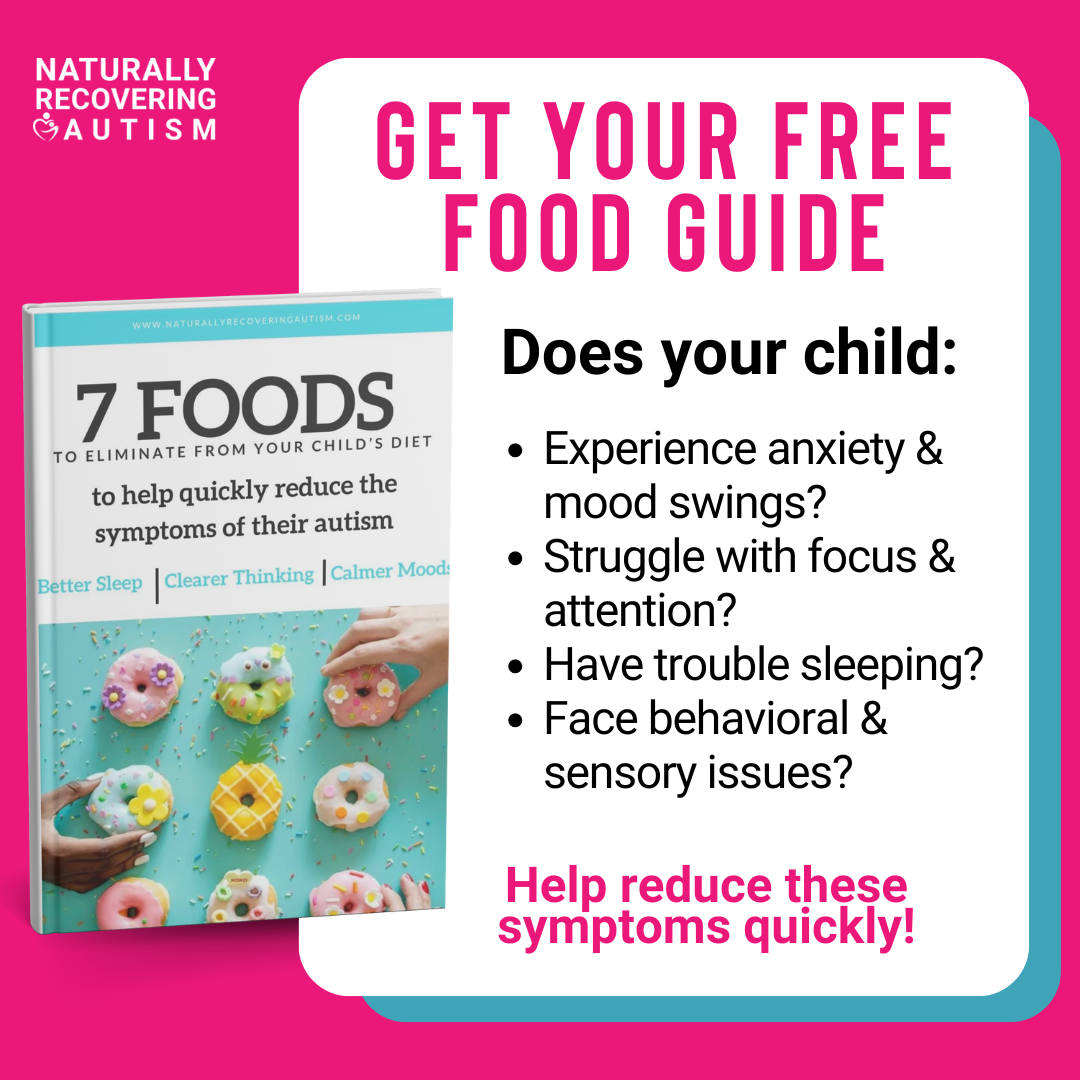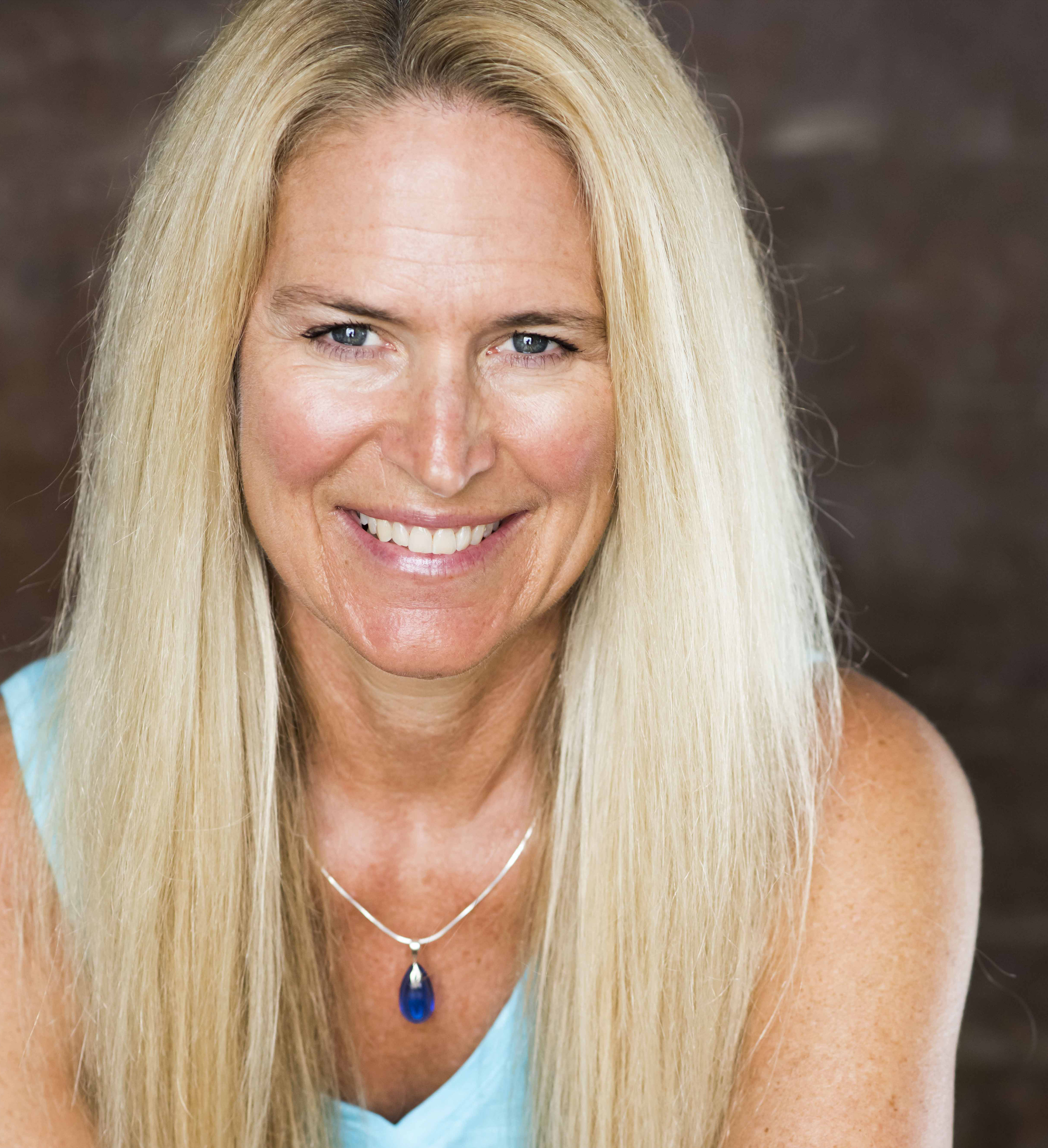Some of the topics we will discuss:
Please listen to my radio show interview with Margaret “Peggy” Glenney.
Free at-home guide for fun play ideas to help calm sensory Issues
Would you like some helpful ideas on what you can do at home with your child that can help them with their sensory issues and provide fun entertainment? Get your free guide to sensory processing fun at-home games now.
Risk factors in auditory processing and what to look for:
- ear infections
- past antibiotic use
- heavy metal toxicity
- electromagnetic field radiation
- food additives including GMO’s, MSG, glyphosate
- C section births
- little or no breastfeeding and too much bottle feeding
- too much screen time
- vaccinations
- no “babbling” as a baby (babies should make sounds)
- little or no speech by the age of 2
- no startle reflex
Get your free guide to the top 7 foods to eliminate to quickly reduce your child’s symptoms of autism and assist in improved immunity, speech, sleep, calming, focus, and more.
What tests parents should ask for
Many pieces are missing in traditional “peripheral’ auditory testing. Your child may have a normal audiogram but is not hearing properly in the brain. When you seek a professional it is best to ask them to check your child’s inner ear reflex muscle with the middle ear analyzer, or companogram reflex test. Also ask for Jack Katz’, staggered spondaic word test to be part of your child’s treatment. Read more and find professional practitioners on Jack Katz’ services through the International Guild of Audiology specialists, igaps.org.
Resources:
International Guild of audiology specialists, igaps.org
Margaret “Peggy” Glenney MA, CCC-A, F-AA
Margaret “Peggy” Glenney is a developmental audiologist. Since 1984, Margaret Glenney, has worked as an audiologist working in hospitals and universities throughout the U.S, as both an instructor and trainer for the Certified Occupational Hearing Conservationist (COHC), program. She has provided clinical supervision for graduate students in both Speech Pathology and Audiology and taught graduate level courses in Industrial Audiology. Margaret has her teacher’s certification in English 6-12th grade, ELL K-12, and Speech Communication.
From September 2017, through the present Margaret Glenney has owned a private practice in Roanoke, VA, specializing in helping children exhibiting neuro-developmental delays which often include hyperacusis and misophonia and other sensory and central auditory processing issues. Her website is, sensoryctr.com.
Get Your Free Food Guide!
Quickly Reduce Your Child’s Symptoms of Autism by Eliminating 7 Foods Most People Consume Daily!
The first crucial step of autism recovery is to begin restoring health to the gut and the immune system.
The health of the gut is directly linked to the health of the brain and therefore to the symptoms of autism. In fact, 80% of the immune system comes from the gut so if the gut is not healthy, then the brain can’t thrive, and the immune system is compromised. It’s a vicious cycle, but thankfully, it’s one that we can put an end to by first eliminating harmful foods.
- Harmful Foods: Identify the foods that worsen autism symptoms and understand the science behind their impact.
- Smart Food Choices: Learn about easy dietary swaps that can significantly enhance sleep, clarity of thought, and emotional well-being.
- Practical Implementation: Get valuable tips on how to implement these dietary changes easily and effectively.
This is for informational purposes only and is not meant to diagnose or treat. Every child’s level of recovery is different. No two people are the same. It is never implied that all children will have the same outcome. Results are all based on individual biology and the work that is done. This process takes time and various steps, effort and resources need to be weighed. Our programs are intended to help you become more knowledgeable and guide you to help bring your child a better quality of life, whatever that may be. We want to help by giving great content, direction and strategies that move you forward. Nothing on this page or any of our websites is a promise or guarantee of results or future outcomes. The results on this page and any of our websites are not typical or promised. In fact, there will be people who purchase this and other programs and never put the work into implementing the strategies taught and therefore will achieve little to no results. Our more detailed earnings disclaimer, privacy policy, and terms and conditions for this program and website can be accessed via the links below. We hold ourselves (and you) to a high standard of integrity. We are cheering you on every step of the way.











